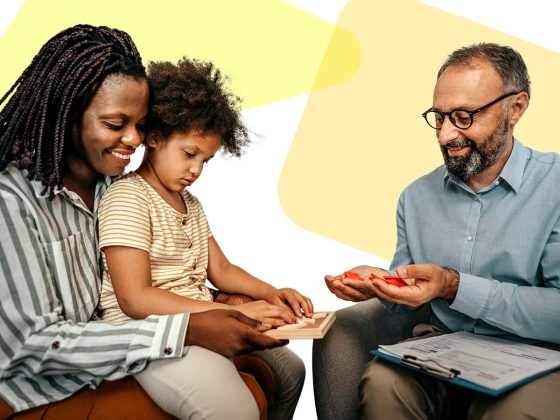
For Providers: Supporting Families During Resettlement
Families resettling in the United States will need tremendous support. Your caring presence and offering of simple strategies and helpful resources can make a real difference.
When children and grown-ups experience moments that feel scary or threatening, their minds can go into “flight, fight, or freeze” mode. This is our brain’s way of trying to protect us. The “fight” response is wanting to strike out against the threat (physically or verbally). “Flight” is running away or hiding, and “freeze” is feeling unable to move or speak).
Families who are in the process of resettling may experience many moments like this, and their most stabilizing force is relationships with supportive adults like you. Your caring presence can help them feel calm, and the strategies you share can help them work through these moments. More than that, you have the power to help them remember their strengths and unlock the potential for an easier future.
Whether you have several days or just a few minutes to connect with families, you can help them situate their experiences—both good and bad—into the broader context of their lives. You can also help them acknowledge, discover, and leverage their strengths every step of the way.
The strategies presented here are designed to build on families’ resilience by teaching ways to navigate transitions while maintaining a hopeful perspective. The key messages acknowledge the many big feelings that come with significant changes, while reminding families that they have strength, fortitude, and courage. You can use these messages to remind families that they have a lot to be proud of—and to look forward to.
As you begin to use these resources with families, be mindful of their level of safety, security, and comfort. When families are in crisis mode (i.e. flight, fight, freeze), a deep breath or a quiet moment may be most appropriate. As their sense of security grows, or as the intensity of change lessens, you may start to introduce more strategies and encourage families to try new things.
Regardless of where families are in the process of resettling, there’s a lot you can do to help them feel safer and more secure.
For instance, you can build children’s sense of security by telling them:
- You are not alone.
- All your big feelings are okay.
- Adults know how to help keep you safe.
- You are important and valuable.
- This is not your fault.
- There are many people who know how to help you and your family (social workers, caseworkers, teachers, health care providers, and so on).
And you can let adults know:
- You and your family are strong, brave, and resilient.
- This experience can become a meaningful and empowering part of your family’s story.
- Your current situation does not define you as a person or as a family. You are bigger than the circumstances you are currently facing. At the same time, it’s normal and okay to feel angry or unhappy.
- Maintaining hope is important, and so is “family self-care”: laughing or singing songs, sharing stories, cuddling close, and maintaining simple routines as much as you can.
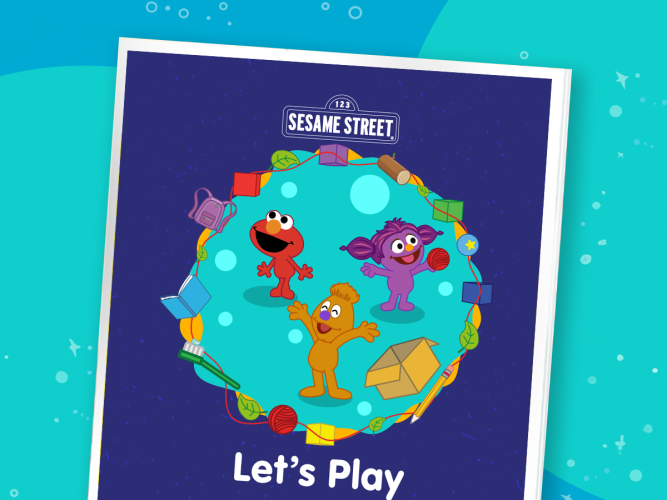
Let’s Play
Storybook for children and families about the joys of learning through play!
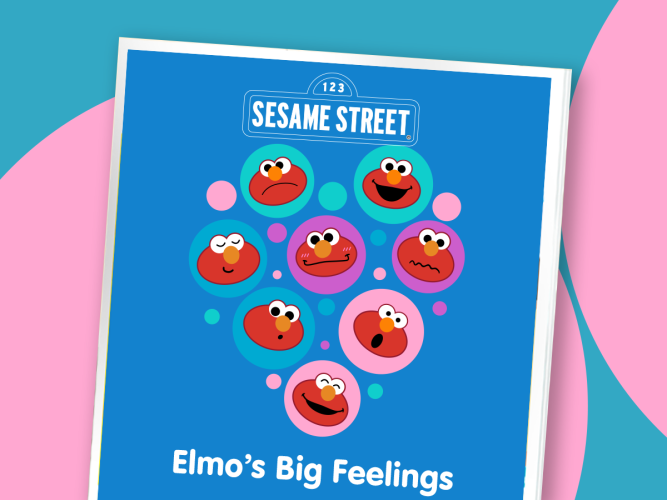
Elmo’s Big Feelings
Storybook for children and families about emotions.
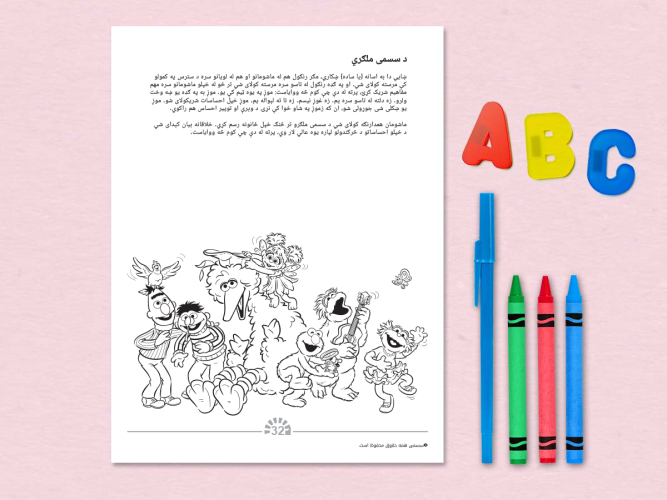
Sesame Street Friends Coloring Page (Pashto)
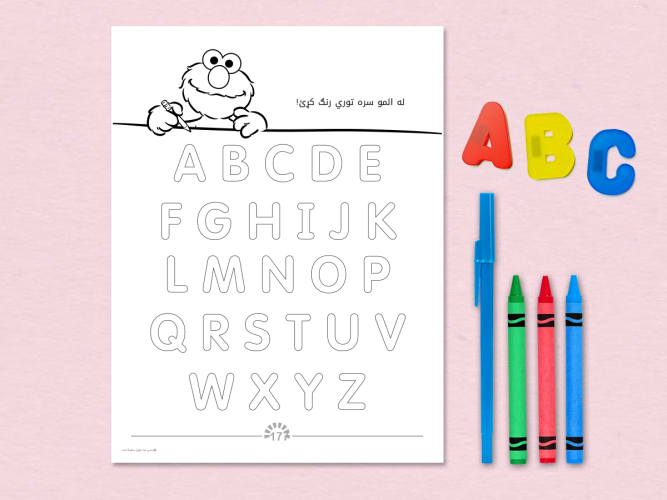
I know my letters and numbers! (Pashto)
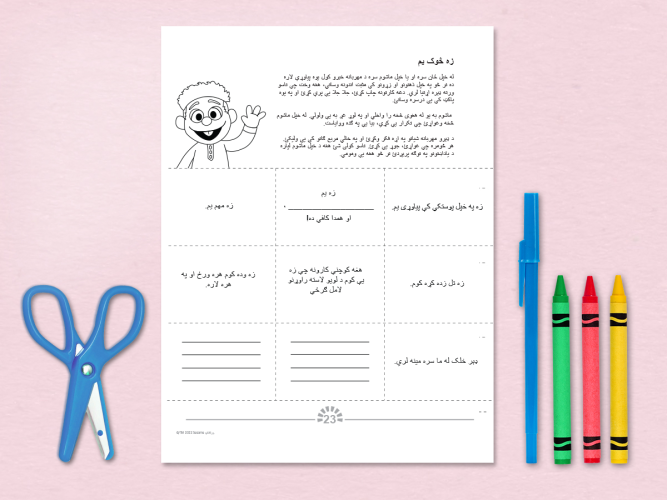
I Am Somebody (Pashto)
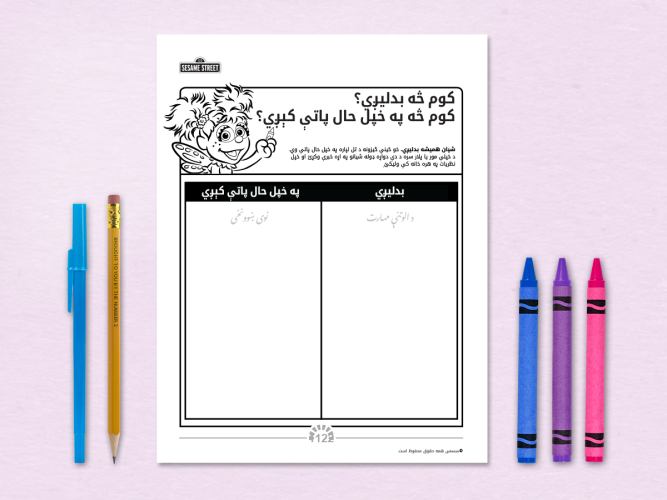
What Changes? What Stays the Same? (Pashto)

Feeling Faces (Pashto)
